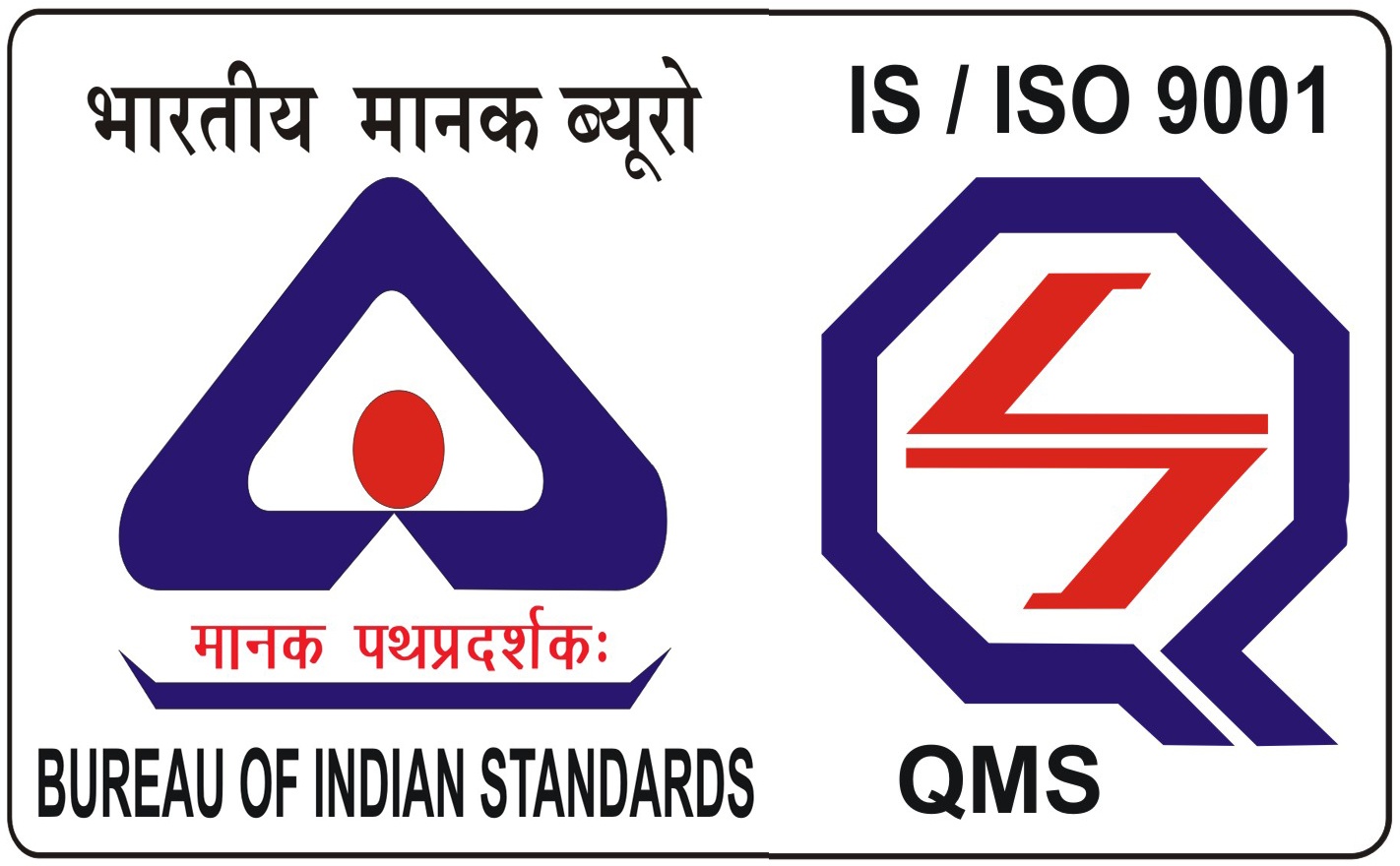Corporate Social Responsibility Policy
Preamble:
CSR is an institutionalised effort to contribute to social well being. It covers all activities through which an organisation brings about overall enhancement in the quality of living in the society and also contributes to environmental good. CSR does not merely mean undertaking charitable activities or giving donation, but is aimed at aligning the business processes with the overall social goals.
Purpose of the Policy:
The policy outlines the type and scope of activities to be undertaken as part of the TII
CSR EXPENDITURE:
(i) In every financial year, TIIC shall spend a prescribed percentage as required under the Companies Act 2013.
(ii) CSR Expenditure shall mean all expenditure incurred in respect of specific projects/programs relating to the approved CSR activities.
(iii) CSR Expenditure shall not include expenditure on an item not in conformity or not in line with activities which fall within the purview of the CSR activities listed in Schedule VII.
(iv) CSR Expenditure shall not include Projects or programs or activities undertaken outside India.
(v) The surplus arising out of the CSR activities or projects shall not form part of the business profit of TIIC.
CSR ACTIVITIES – PROJECTS
CSR Activities Listed in Schedule VII of the Companies Act, 2013 CSR shall focus on social, economic and environmental impact rather than mere output and outcome. Activities which are adhoc and philanthropic in nature shall be avoided. Various activities that can be undertaken in general under CSR are outlined below:
1. Eradicating hunger and poverty and malnutrition, promoting preventive healthcare and sanitation and making available safe drinking water;
2. Promotion of education; including special education and employment enhancing vocation skills especially among children, woman, elderly and the differently abled and livelihood enhancement projects ;
3. Promoting gender equality and empowering women; setting up homes and hostels for women and orphans, setting up old age homes, day care centres, and such other facilities for senior citizens and measures for reducing inequalities faced by socially and economically backward groups;
4. Ensuring environmental sustainability, ecological balance, protection of flora and fauna, animal welfare, agro-forestry, conservation of natural resources and maintaining of quality of soil, air and water;
5. Protection of national heritage, art and culture including restoration of buildings and sites of historical importance and works of art; setting up of public libraries; promotion and development of traditional arts and handicrafts;
6. Measures for the benefit of armed forces veterans, war widows and their dependents;
7. Training to promote rural sports, nationally recognized sports, and paraolympic sports and olympic sports;
8. Contribution to the Prime Minister’s National Relief Fund or any other fund set up by the Central Government or the State Governments for socio-economic development and relief and welfare of the Scheduled Castes, the Scheduled Tribes, other backward classes, minorities and women;
9. Contributions or funds provided to technology incubators located within academic institutions which are approved by the Central Government; and
10. Rural development projects.


